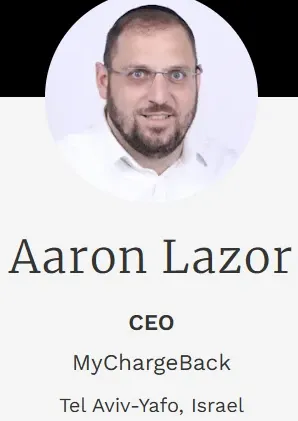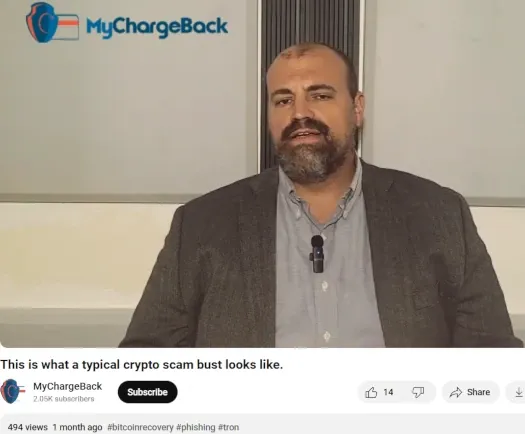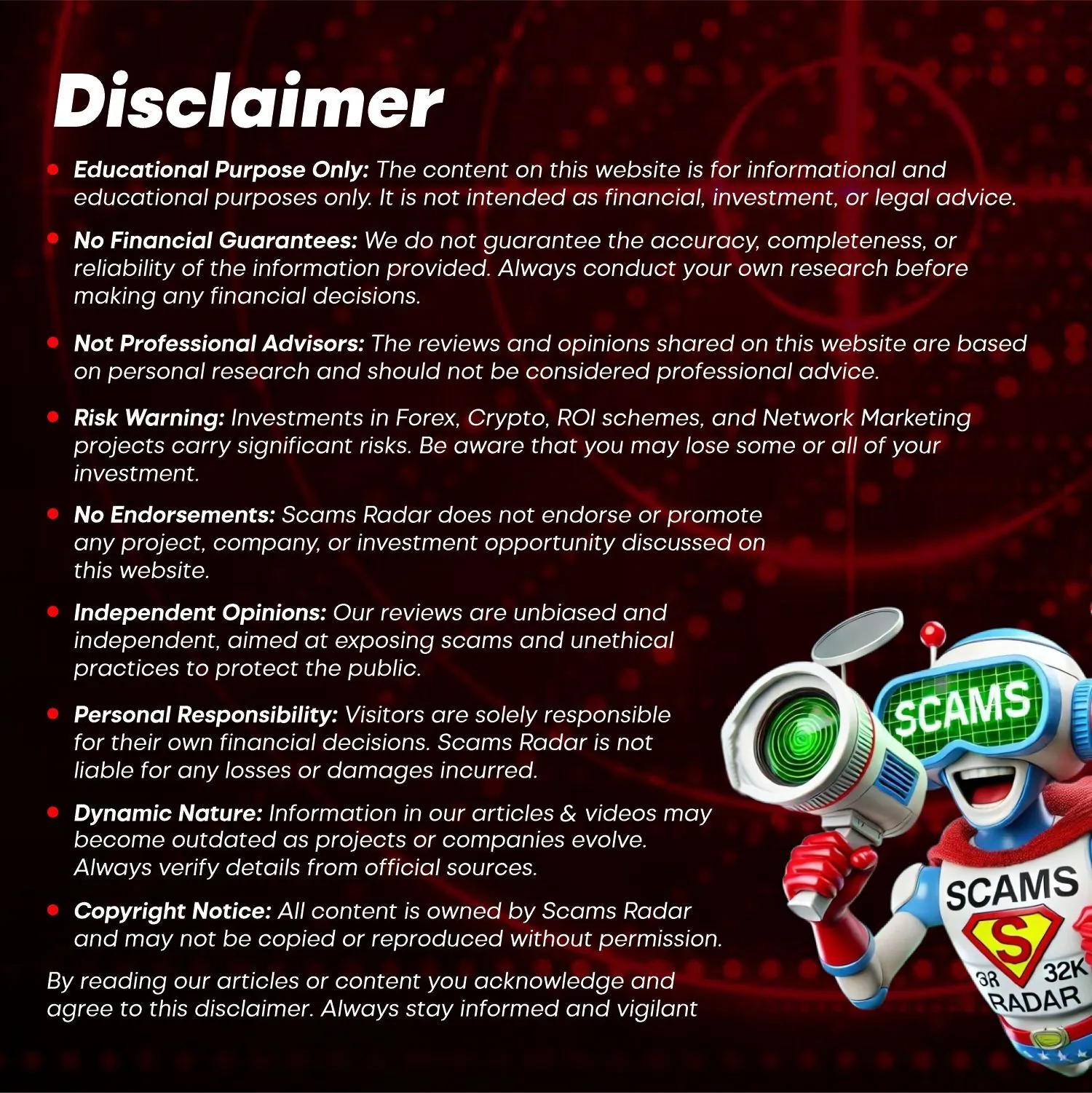
On August 5, 2025, the U.S. Department of Justice (DOJ) agreed to return the MyChargeBack.com domain to Cactil LLC under a non-prosecution agreement, as detailed in a sealed filing, per. The domain, seized by the FBI on June 25, 2024, as part of a cryptocurrency recovery fraud investigation, was the subject of Cactil’s petition filed July 22, 2024, in the U.S. District Court for the Southern District of California, per. The agreement, filed under seal on August 1, 2025, and approved on August 5, dismisses Cactil’s case, per. Aaron Lazor, an Israeli national based in Tel Aviv, runs Cactil, which operates multiple recovery scam websites, per.
MyChargeBack, owned by Cactil LLC, was seized alongside Payback LTD and Claim Justice in September 2024, as the FBI San Diego Field Office cracked down on recovery scams targeting crypto fraud victims, per. These firms charge upfront fees and commissions for promised recoveries, using fake reviews and social media ads fronted by Elijah Jackson, MyChargeBack’s Digital Marketing Manager, per. The DOJ cited probable cause that the site facilitated federal law violations, including wire fraud, per. Cactil’s other sites, like ChargeReturns, ChargebackMyMoney, RapidCoinRecovery, and GetMyPayBack, were disabled post-seizure, per.

The non-prosecution agreement, filed under seal to protect “confidential information” like investigation subjects’ identities, prompted Cactil’s Motion to Dismiss on July 31, 2025, granted on August 5, per. The DOJ’s August 2024 response opposed unsealing the seizure warrant, arguing it would enable further crimes, per. Critics question the agreement’s terms, suggesting it may shield Lazor and accomplices from prosecution, per. The FBI’s ongoing victim appeals remain, but new complaints may be ineffective, per. X posts from @CryptoLawyerz express outrage over the DOJ’s apparent protection of scammers, per.

Recovery scams like MyChargeBack target victims of MLM Ponzis such as GSPartners ($1B losses) and Forsage ($340M), charging fees without recovery, per. Cactil’s operations, linked to Israel, exploit global victims, per. The agreement raises concerns about DOJ priorities, shifting from accountability to domain return, per. Bitcoin (BTC) ($113,234) and Ethereum (ETH) ($4,070) remain stable, per CoinMarketCap, but such cases erode crypto trust, per. Investors should report scams to FBI via ic3.gov, per.
Verify recovery services via sec.gov and avoid upfront fees, per. Diversify into USDC or ETH with stop-losses below BTC’s $112,000, per TradingView. Follow @TheBlock__ on X for updates. The agreement may embolden scams, but SEC’s Paul Atkins’ pro-crypto stance could enhance protections by 2026, per.
